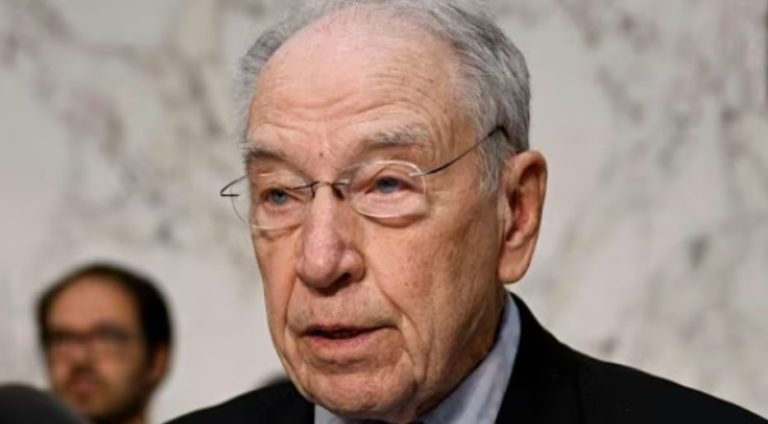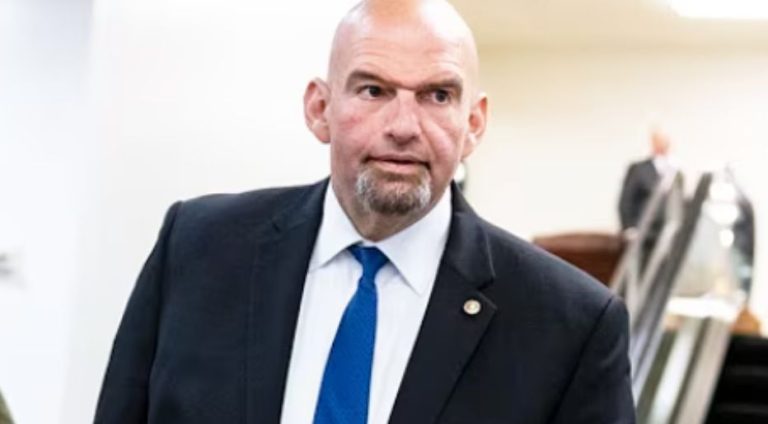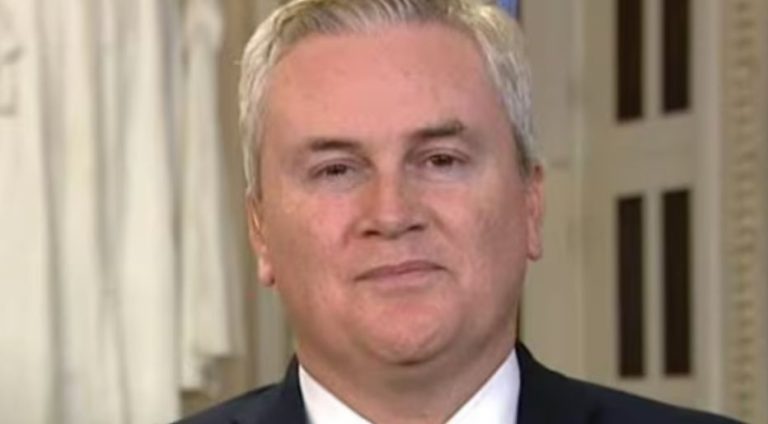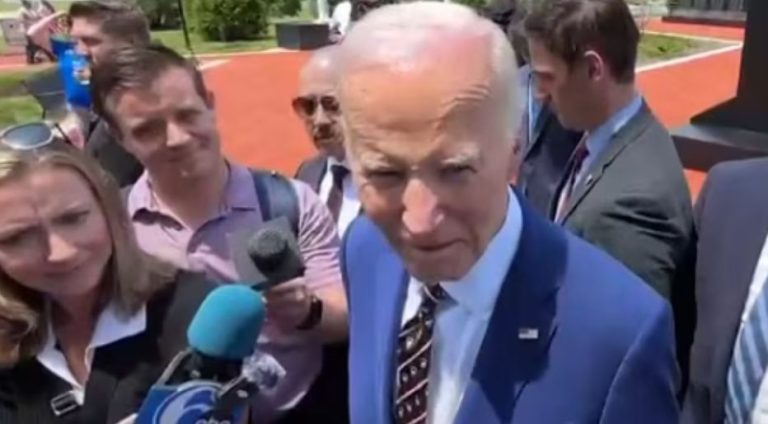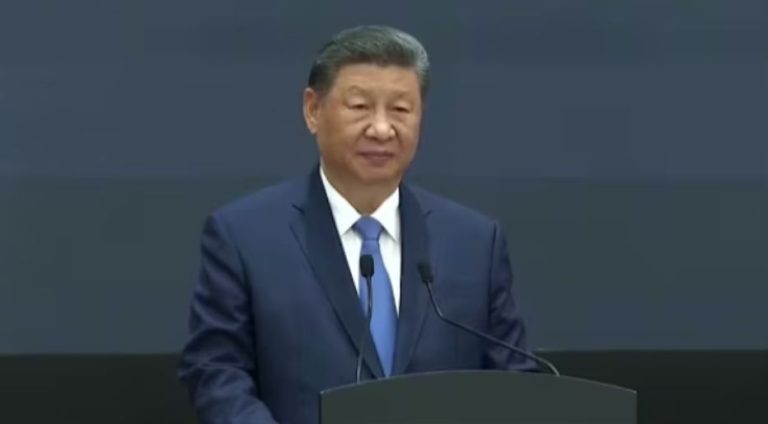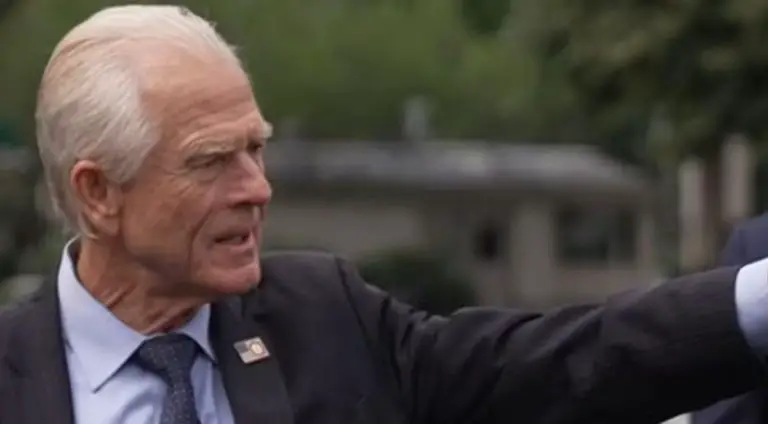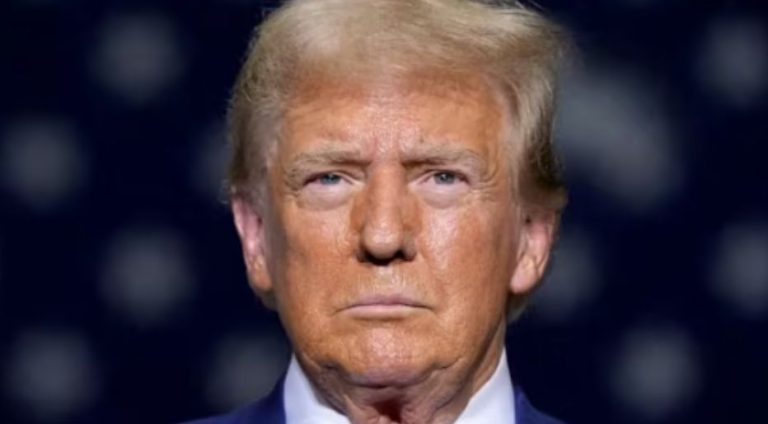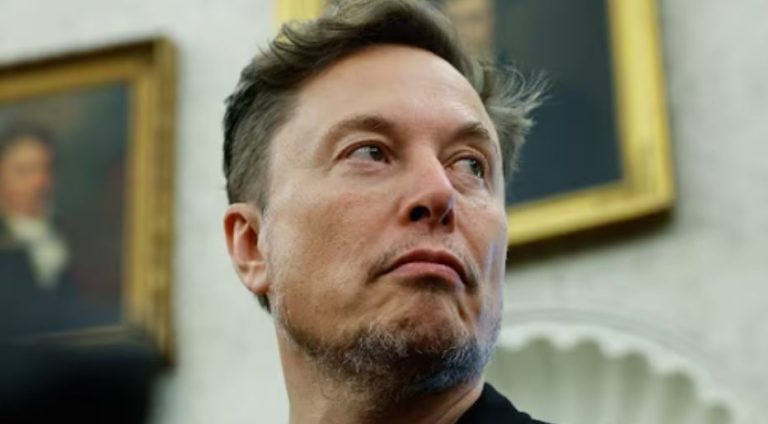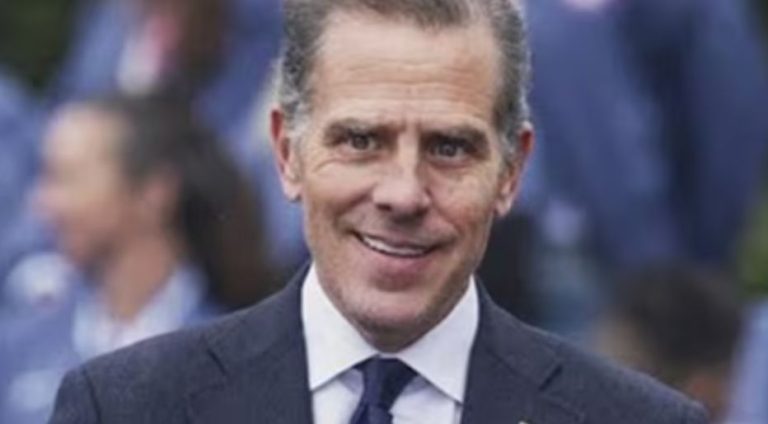Activist judges are getting out of hand. And now they’re flexing their muscle.
Because this federal judge hit Trump with a massive setback for the most ridiculous reason imaginable.
Federal Judge Blocks Trump’s Order on Transgender Prison Procedures
In a significant setback for President Donald Trump’s agenda, U.S. District Judge Royce Lamberth in Washington, D.C., issued a sweeping injunction on Tuesday, halting the administration’s executive order to end taxpayer-funded transgender procedures for federal prisoners.
The ruling, which grants class-action status to a lawsuit filed by the American Civil Liberties Union (ACLU), underscores the ongoing judicial resistance to Trump’s policies.
The ACLU’s lawsuit, initially brought on behalf of three transgender-identifying inmates, now represents over 1,000 prisoners seeking to maintain access to taxpayer-funded clothing, hormones, and other gender-affirming treatments.
Judicial Overreach or Legitimate Concern?
Judge Lamberth’s 36-page ruling criticized the Trump administration’s approach, arguing that neither the Bureau of Prisons (BOP) nor the executive order provided sufficient justification for treating gender-affirming care differently from other mental health interventions.
“In light of the plaintiffs’ largely personal motives for undergoing gender-affirming care, neither the BOP nor the Executive Order provides any serious explanation as to why the treatment modalities covered by the Executive Order or implementing memoranda should be handled differently than any other mental health intervention,” Lamberth wrote.
He further noted, “[N]othing in the thin record before the Court suggests that either the BOP or the President consciously took stock of — much less studied — the potentially debilitating effects that the new policies could have on transgender inmates before the implementing memoranda came into force.” Critics of the ruling argue it exemplifies judicial overreach, as the decision extends far beyond the original scope of the case, impacting federal prison policy nationwide.
Trump’s Bold Stance on Biological Reality
President Trump, who has prioritized restoring clarity to federal policies on gender, issued an executive order on January 20, 2025, affirming that the administration recognizes only two genders—male and female—based on biological reality.
The order explicitly directed, “The Attorney General shall ensure that the Bureau of Prisons revises its policies concerning medical care to be consistent with this order, and shall ensure that no Federal funds are expended for any medical procedure, treatment, or drug for the purpose of conforming an inmate’s appearance to that of the opposite s*x.”
This directive aligns with Trump’s broader campaign to reject what he calls “ideologues who deny the biological reality of s*x,” aiming to protect taxpayer resources and ensure prison policies prioritize safety and fairness, particularly for female inmates.
White House Defends Women’s Safety
The White House swiftly responded to the ruling, highlighting its potential risks to female prisoners.
A statement reported by Fox News declared, “The decision allowing transgender women, aka MEN, in women’s prisons fundamentally makes women less safe and ignores the biological truth that there are only two genders. The Trump administration looks forward to ultimate victory on this issue in court.”
Supporters of Trump’s policy argue that allowing biological males in women’s facilities, under the guise of gender-affirming care, compromises the safety and privacy of female inmates. The administration’s stance reflects a commitment to restoring common-sense policies that prioritize biological distinctions and protect vulnerable populations in federal custody.
Courts as a Battleground for Trump’s Agenda
The ruling marks another instance of federal courts challenging Trump’s policy initiatives, a trend that has become a significant hurdle for his administration.
Just last week, a court intervened in the administration’s efforts to curb new international student enrollments at Harvard University, temporarily blocking the Department of Homeland Security’s actions.
These judicial setbacks highlight the courts’ role as a battleground for opponents of Trump’s agenda, with groups like the ACLU leveraging lawsuits to stall or reverse his policies. Despite these challenges, the Trump administration remains steadfast, with officials expressing confidence in overturning Lamberth’s ruling on appeal, signaling a continued fight to implement their vision for federal prison policy and beyond.


